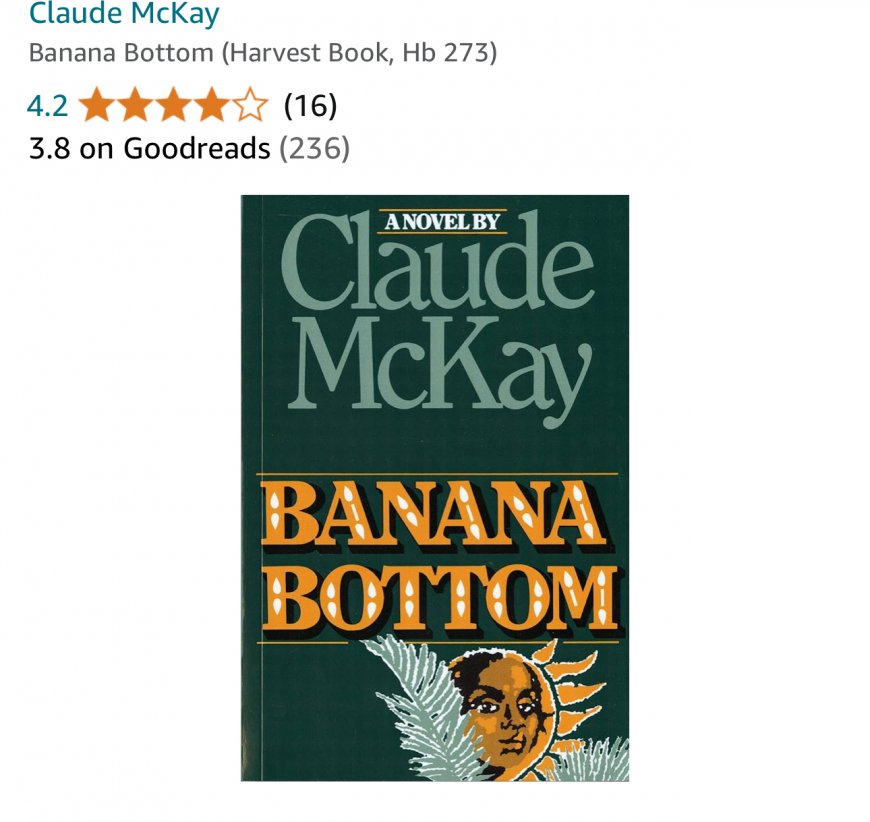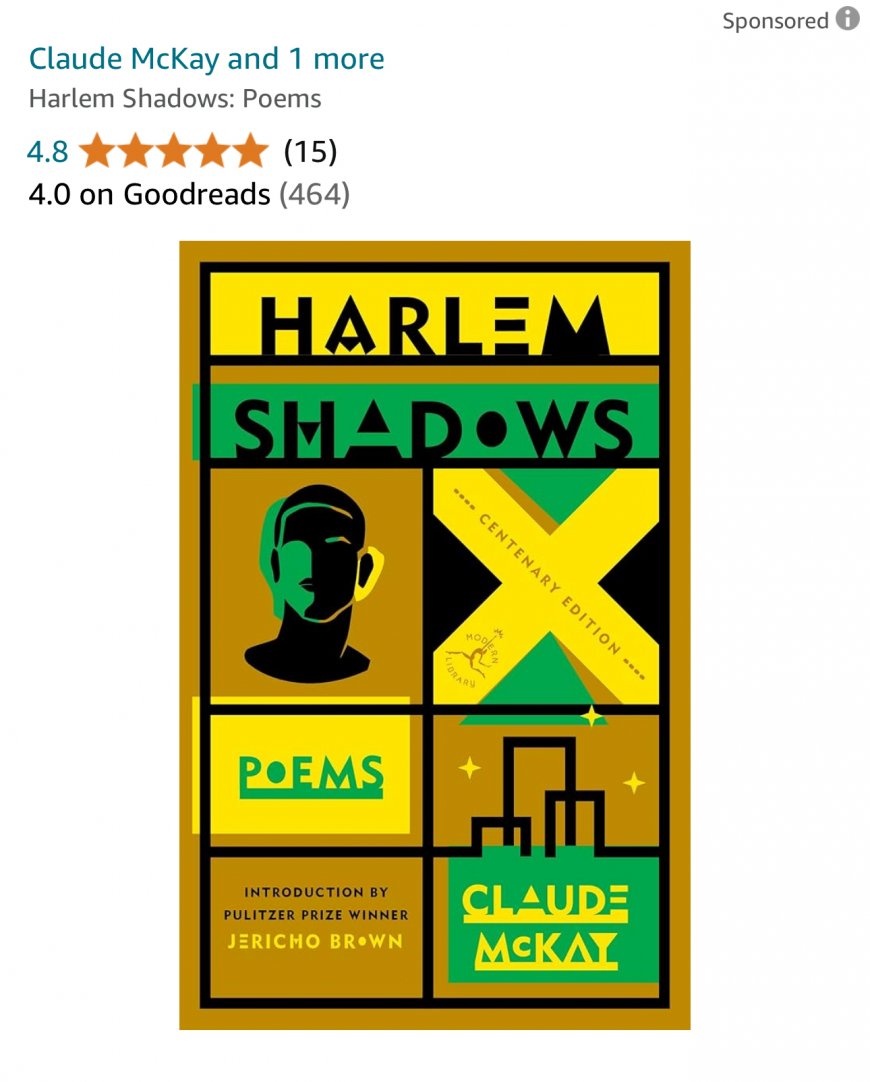The Life and Legacy of Claude McKay: A Pioneer of the Harlem Renaissance
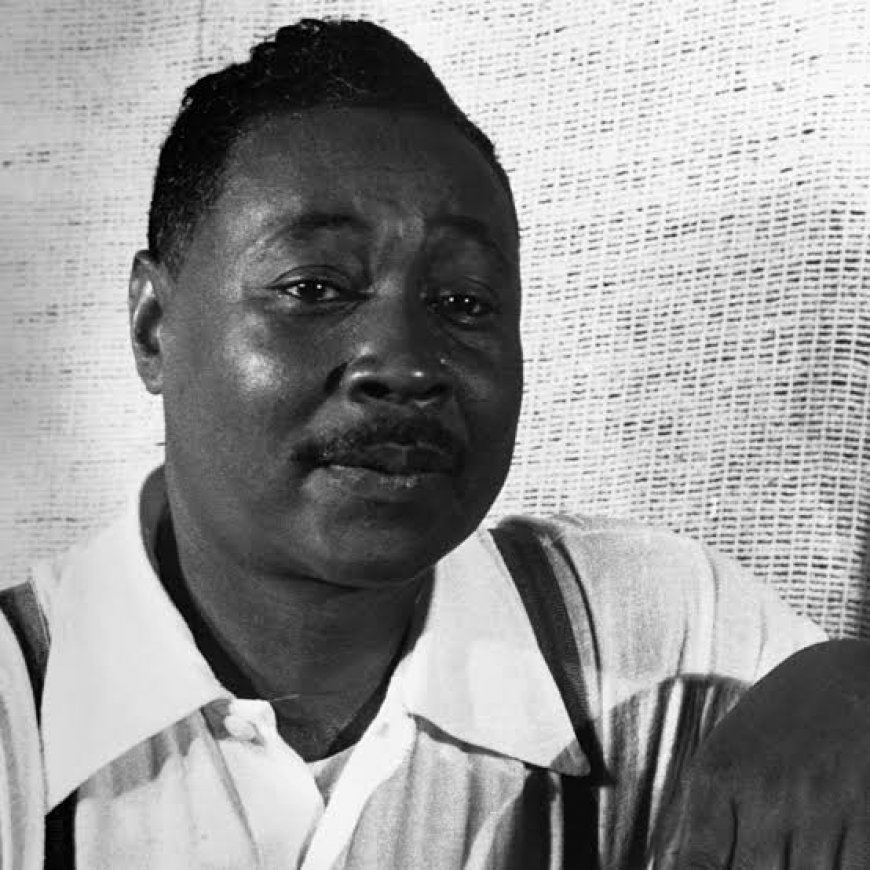
Claudius "Claude" McKay was a Jamaican-American writer and poet whose contributions significantly shaped the literary landscape of the early 20th century. Born on September 15, 1890, in Jamaica, McKay's journey from the Caribbean to the heart of the Harlem Renaissance illustrates the power of literature in addressing social issues and advocating for change. His works not only reflect the struggles faced by the African-American community but also explore broader themes of identity, politics, and culture.
Early Life and Influences
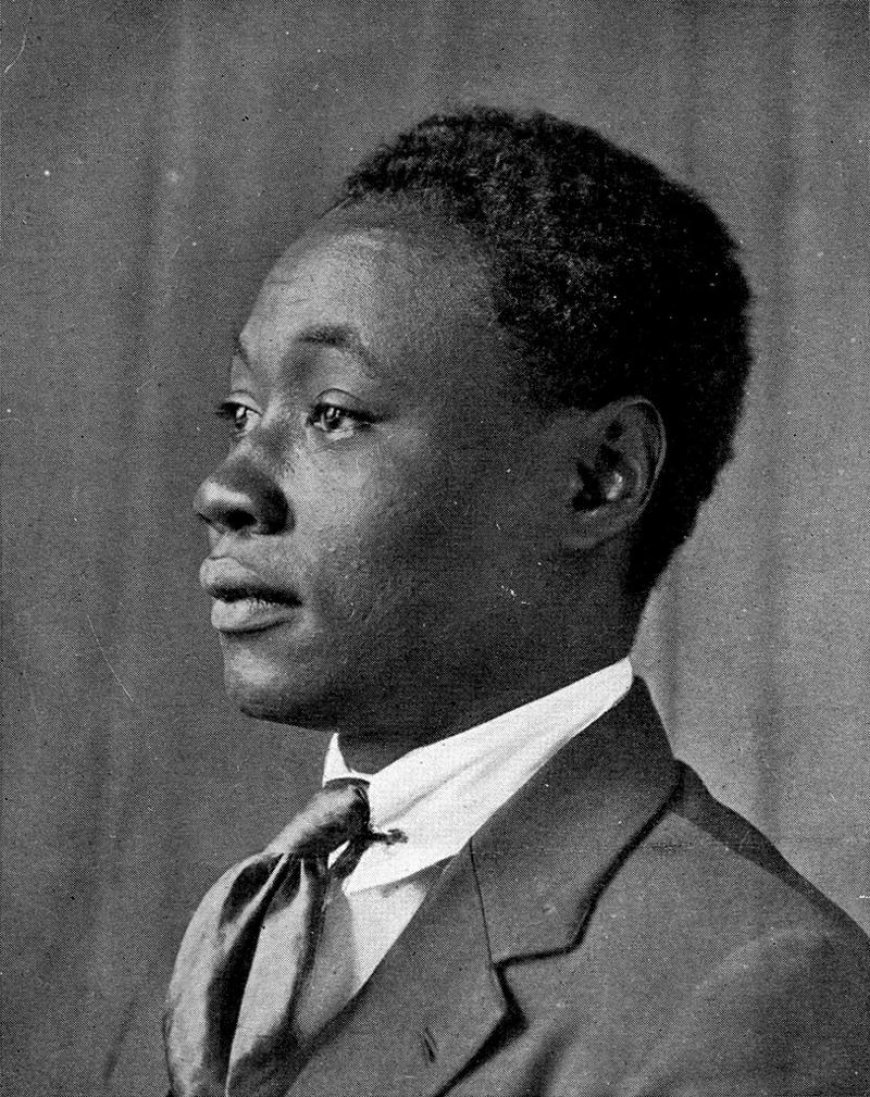
Claude McKay's formative years were spent in Jamaica, where he was exposed to a rich cultural heritage. His early education, particularly under the guidance of his older brother Uriah Theodore, introduced him to British Fabian socialism, laying the groundwork for his later political engagement. After moving to the United States to pursue higher education, McKay encountered influential texts, notably W. E. B. Du Bois's "The Souls of Black Folk." This work ignited his interest in social justice and racial issues, ultimately leading him to New York City in 1914.
Literary Contributions
McKay's literary career is marked by an array of poetry, novels, and essays that delve into the African-American experience. His sonnet "If We Must Die," written in response to the racial violence following World War I, stands as a powerful declaration against oppression and a call for dignity. This piece, along with his 1922 poetry collection "Harlem Shadows," played a pivotal role in the Harlem Renaissance, a cultural movement celebrating black heritage and artistry.
Notable Works
McKay authored several significant novels, including:
- **Home to Harlem (1928)**: A best-seller that earned the Harmon Gold Award for Literature, this novel captures the vibrant life of Harlem and its inhabitants.
- **Banjo (1929)** and **Banana Bottom (1933)**: These works further explore themes of identity, migration, and cultural belonging.
- **A Long Way from Home (1937)**: In this autobiographical work, McKay reflects on his journey and the complexities of race and class.
His poetry collections, including "Selected Poems" and the posthumous "Complete Poems," showcase his evolution as a poet and his commitment to addressing social injustices.
Political Engagement and Ideological Struggles
McKay's political activism was intertwined with his literary pursuits. In the 1920s, he became involved with the socialist movement and co-edited "The Liberator." His experiences in the Soviet Union, where he was celebrated by the Communist Party, further shaped his political views. However, he grew disillusioned with the oppressive nature of the regime, leading him to distance himself from the party upon his return to the United States.
Throughout his life, McKay faced conflicts with the Communist Party in New York City, particularly as he critiqued their authoritarian practices. His struggles against the political establishment are poignantly captured in his later works, such as "Amiable With Big Teeth," which satirizes the leftist politics of his time.
Later Years and Legacy
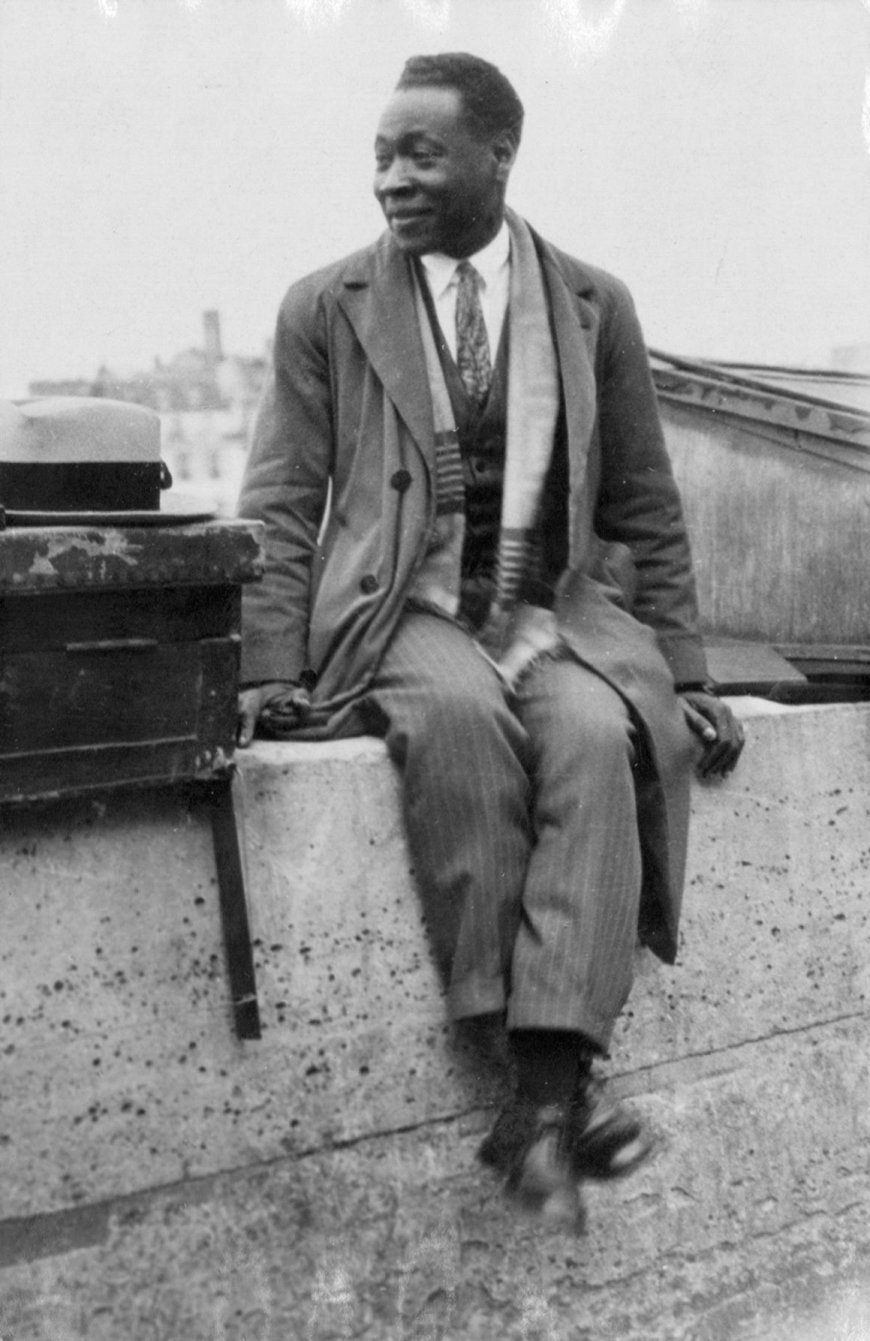
In his later years, McKay faced personal challenges, including financial difficulties and health issues. Despite these struggles, he found solace in a communal living situation facilitated by a friend from the Catholic Worker movement. His conversion to Catholicism marked a significant turn in his life before his passing on May 22, 1948.
Claude McKay's legacy endures through his literary contributions and his role as a voice for the African-American community during a transformative period in American history. His works continue to resonate with readers, offering insights into the complexities of race, identity, and social justice.
Frequently Asked Questions
What was Claude McKay known for?
Claude McKay is best known for his poetry and novels that explored the African-American experience, particularly during the Harlem Renaissance. His works addressed themes of racial identity, social justice, and cultural pride.
How did McKay influence the Harlem Renaissance?
McKay's writings, especially "If We Must Die" and "Harlem Shadows," were instrumental in shaping the literary and cultural movement known as the Harlem Renaissance, inspiring other writers and artists to explore black identity and heritage.
What themes are prevalent in McKay's works?
Common themes in McKay's works include racial oppression, identity, cultural pride, and political activism. He often addressed the struggles of the African-American community and the quest for social justice.
Did Claude McKay have any political affiliations?
Yes, McKay was involved in socialist movements and was a co-editor of "The Liberator." He engaged with various political ideologies throughout his life, including Marxism, but later distanced himself from the Communist Party due to ideological conflicts.


